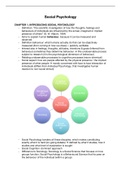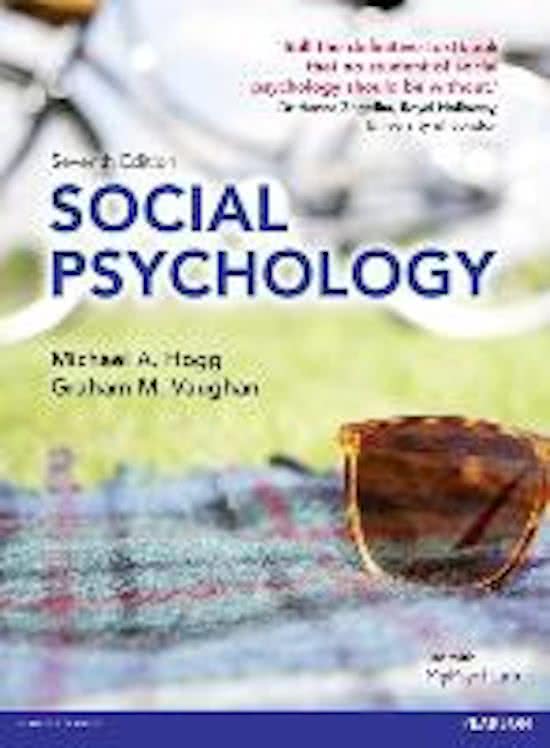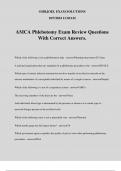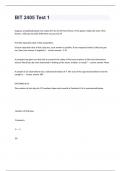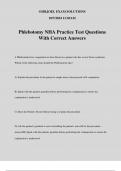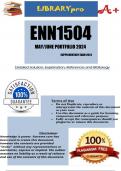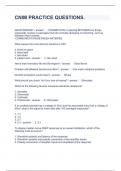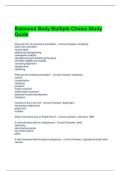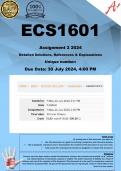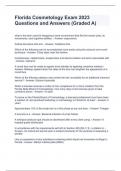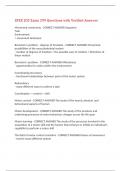Summary
Summary Social Psychology / Self and Society Reading (PSY4002Y)
- Module
- Psychology (PSY4002Y)
- Institution
- University Of East Anglia (East Of England)
- Book
- Social Psychology
This document contains a summary of all the recommended reading in Social Psychology / Self and Society taught by Charles Seger, Daniel Rovenpor & Rose Meleady. It's been edited in a digestible way including colour-coding and graphics About me: I finished my BSc Psychology at UEA in 2020, gradua...
[Show more]
